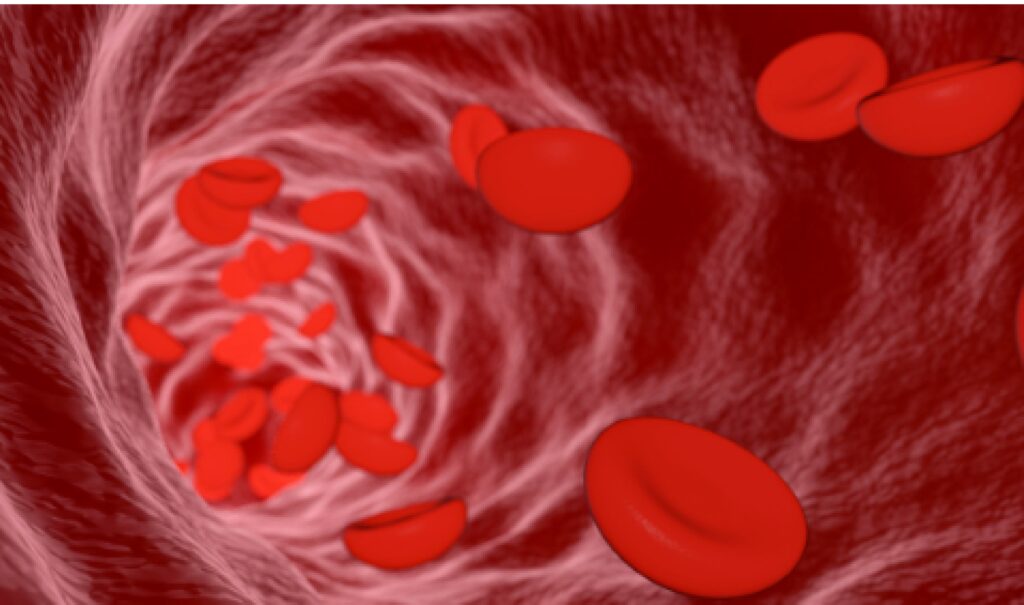Care and Treatment

Fixing low hemoglobin, also known as anemia, typically involves addressing the underlying cause and may include dietary changes, supplements, and medical treatments. Here are common approaches to fix low hemoglobin:
Dietary Changes
- Increase Iron Intake
- Iron-Rich Foods– Include red meat, poultry, fish, legumes, leafy green vegetables, tofu, and fortified cereals.
- Vitamin C– Helps enhance iron absorption. Eat foods rich in vitamin C, such as oranges, strawberries, bell peppers, and broccoli.
- Folic Acid:
- Folic Acid-Rich Foods– Include leafy green vegetables, nuts, beans, and whole grains.
- Vitamin B12:
- Vitamin B12-Rich Foods– Include meat, dairy products, and fortified cereals.
Supplements
- Iron Supplements– Often recommended if dietary intake is insufficient or if absorption issues exist.
- Folic Acid Supplements– Sometimes prescribed to ensure adequate intake.
- Vitamin B12 Supplements– Necessary if there’s a deficiency, especially in vegetarians or people with absorption issues.
Medical Treatments
- Erythropoiesis-Stimulating Agents (ESAs)– Medications that stimulate the production of red blood cells.
- Blood Transfusions– In severe cases, transfusions may be necessary to quickly increase hemoglobin levels.
- Treatment of Underlying Conditions– If low hemoglobin is caused by chronic diseases (like kidney disease, cancer, or inflammatory conditions), treating the underlying condition is crucial.
Lifestyle Changes
- Avoid Certain Substances– Reduce or avoid substances that can interfere with iron absorption, such as caffeine, calcium supplements (when taken in large amounts), and certain medications.
- Manage Chronic Conditions– Proper management of chronic conditions that contribute to anemia, such as kidney disease or rheumatoid arthritis.
Monitoring and Follow-Up
Regular monitoring of hemoglobin levels and follow-up with a healthcare provider is important to ensure the chosen treatment is effective and to make adjustments as needed.
It’s important to consult a healthcare provider for a proper diagnosis and tailored treatment plan, as the specific cause of low hemoglobin can vary greatly among individuals.


